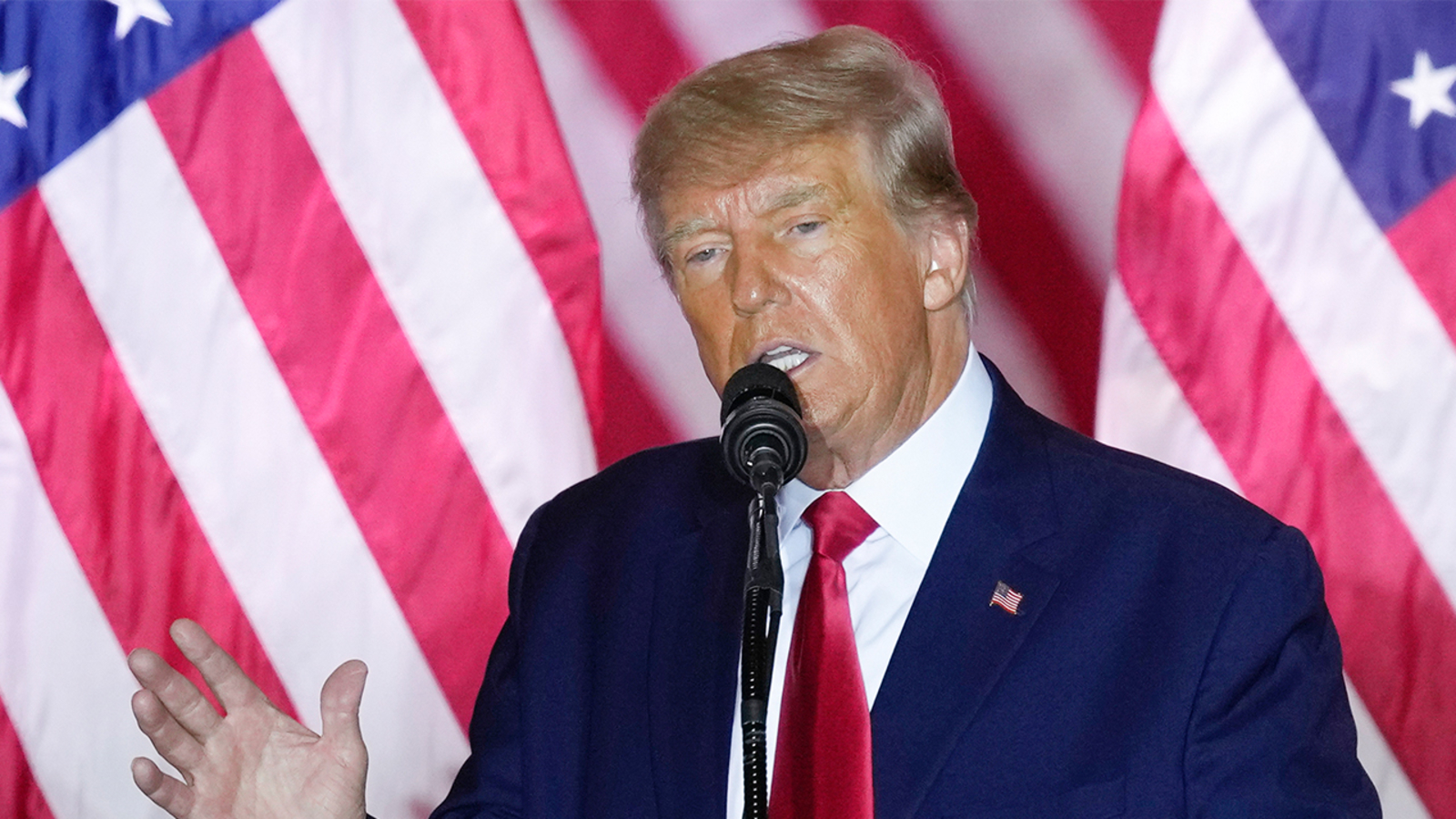In recent times, the American justice system, under the stewardship of the Biden Administration and Attorney General Merrick Garland, has been questioned on its neutrality. The concern springs primarily from a perceived instrumental use of justice against their political opponent, former President Donald Trump. The nature of these concerns demands attention, fostering a need for a thoughtful examination of the issues at hand.
In the world’s oldest modern democracy, justice has long been revered as an impartial sentinel. In its most ideal form, justice is blind to the status, wealth, or political affiliations of those who stand before it. However, recently, an increasing number of Americans are expressing concern about what they perceive as a deviation from this ideal under the Biden Administration and Attorney General Garland’s oversight.
The heart of the issue lies in the escalating legal scrutiny on former President Trump. Various inquiries ranging from his tax returns, business practices, to involvement in the Capitol riots of January 6, 2021, have led to widespread allegations that the justice system is being wielded as a weapon of political warfare.
President Biden, during his campaign and upon assuming office, expressed his commitment to restoring the ‘soul of America.’ He promised to re-establish norms of civility, dignity, and respect, and to uphold the rule of law. However, the intensified legal actions against President Trump have caused some Americans to question whether these commitments are being fulfilled impartially.
There are those who argue that these legal pursuits are a legitimate exercise of the rule of law. They maintain that if any person, regardless of their status, is suspected of violating the law, they should be subjected to proper legal scrutiny. But this rationale, though sound in theory, can raise doubts when applied selectively or disproportionately.
The concern here is not whether former President Trump should or should not be investigated; it is the potential politicization of the justice system that alarms. If justice is wielded more vigorously against some due to their political leanings, it not only erodes the principles upon which the justice system is built but also undermines the confidence of the American people in their system of governance.
Attorney General Merrick Garland, a seasoned legal professional, is expected to be a custodian of justice. However, his actions are viewed by some as being increasingly politicized, fuelling skepticism about the objectivity of his office.
As part of the executive branch, the Department of Justice should ideally operate independently from political pressure. This independence is vital to ensure that the rule of law is applied fairly and uniformly, without prejudice or favor. A justice system that is perceived to be skewed for political reasons tarnishes the very foundations of democracy and shakes public confidence in its institutions.
The ‘darkness’ that looms over the justice system today arises from these concerns. As the public’s trust in the fairness of the justice system wavers, it casts a shadow over the entire political landscape. The Biden administration must thus take cognizance of these apprehensions and take necessary steps to reaffirm the justice system’s impartiality and independence.
In conclusion, while it is necessary to uphold the rule of law, it is equally critical to ensure that justice is not politicized. The perceived darkness hanging over the justice system today can only be dispelled when justice is both done and seen to be done without political bias. This is a challenge that the Biden Administration and Attorney General Garland must rise to meet, ensuring that justice remains a beacon of light, guiding the nation forward rather than casting shadows of doubt and mistrust.

